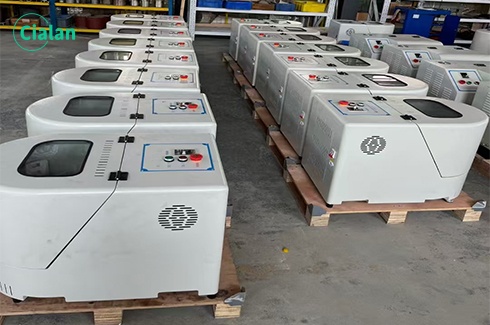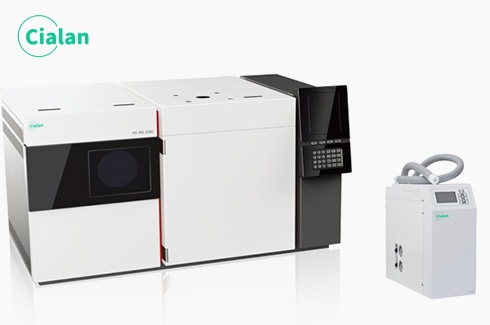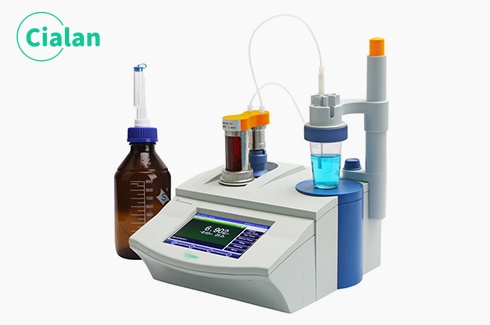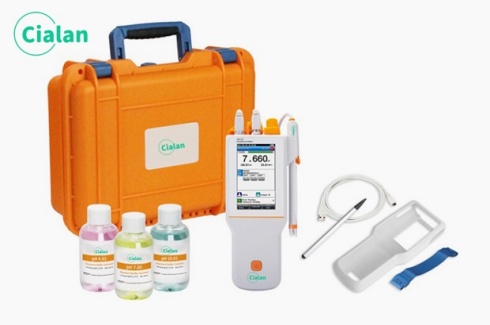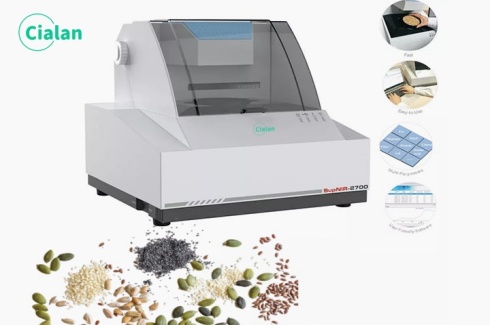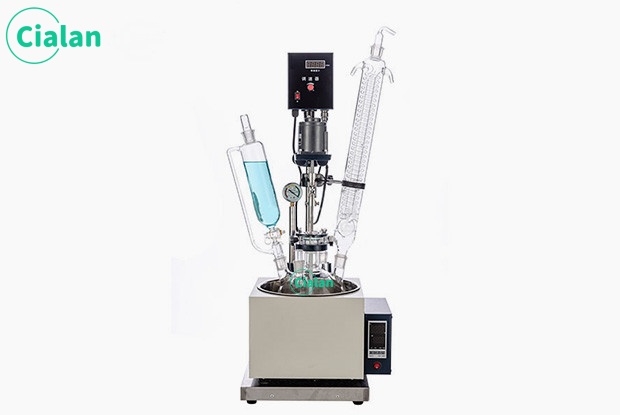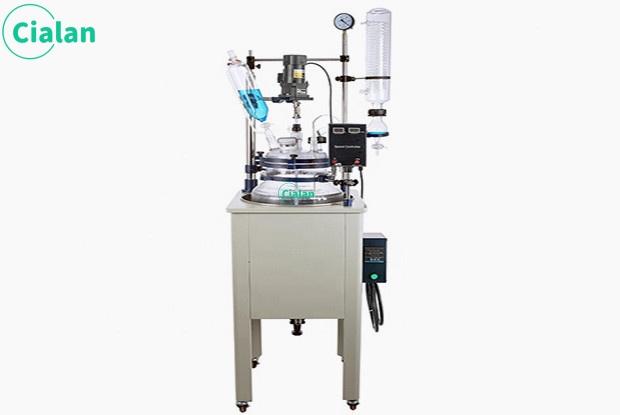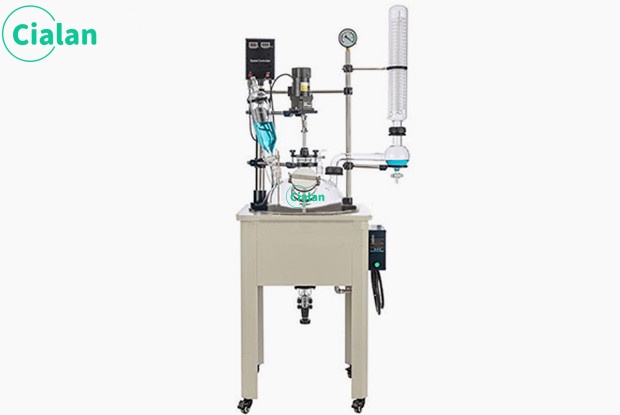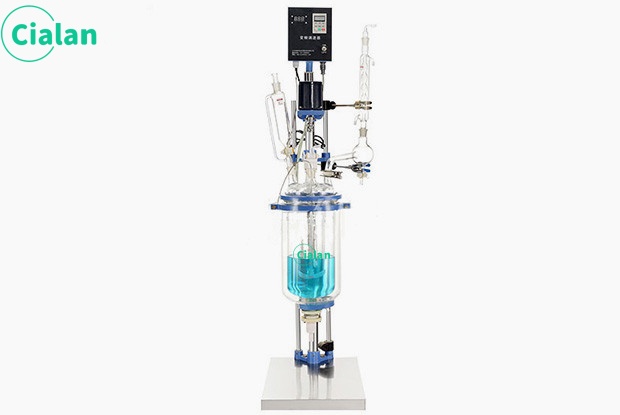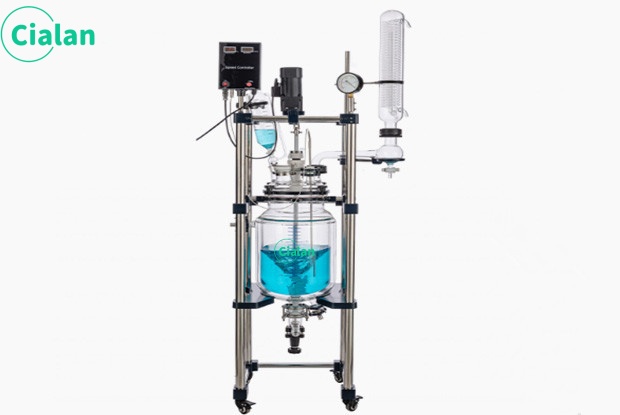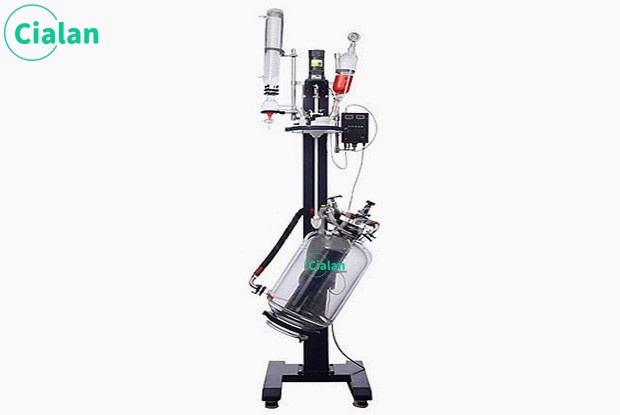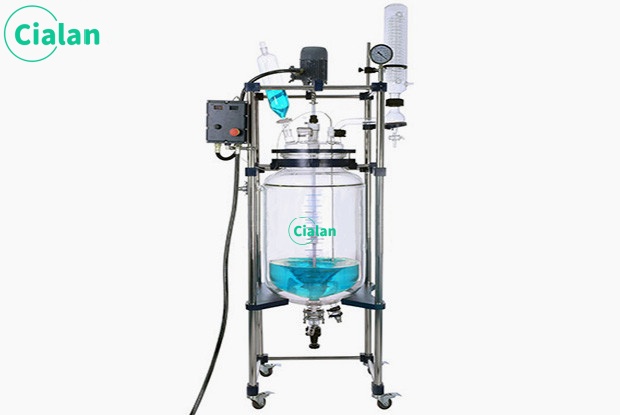What are the advantages, applications of jacketed glass reactors?
Intruduction to double-layer glass reactor.
Double-layer glass reactor consists of two layers of glass inside and outside, and is usually used for low-temperature cooling, high-temperature heating and low-pressure reactions. Let's learn more about its advantages and its application in the laboratory.
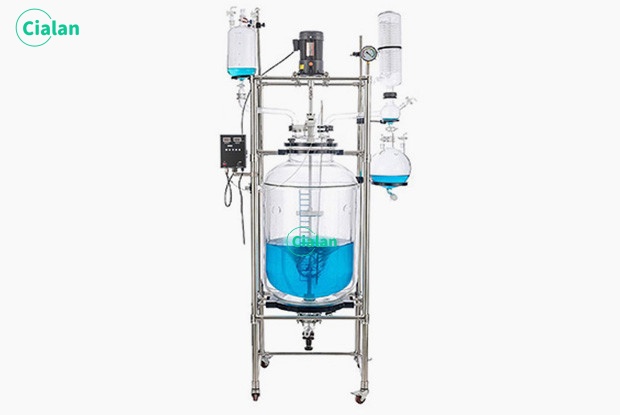
Advantages of double-layer glass reactor.
1. It has good heat insulation performance, which can wellprotect the experimental personnel from the harm of high and low temperature;
2. Its high transparency, which can clearly observe the process of the reaction and facilitate the monitoring and adjustment by the experimenter;
3. It has the characteristics of explosion-proof and anti-corrosion, and has good performance in experimental safety and operational stability.
Double-layer glass reactors are widely used in laboratories. For example:
1. In the field of organic synthesis, the instrument can be used as a reaction vessel for experiments in solvent synthesis, chemical synthesis and catalytic reactions;
2. In the field of biomedicine, the instrument is used in biological experiments such as cell culture and enzyme reactions.Besides, the instrument can be used in distillation units, which can be converted into distillation kettles, partition funnels or reflux condensers with different accessories. Therefore, the double-layer glass reactor plays an important role in various fields.
Overall, jacketed glass reactor is an indispensable tool in the laboratory. Its features and applications are very wide, but it should be noted that when using the double glass reactor, the experimenter must follow strict safety procedures to ensure the safety and effectiveness of the experimental operation.
Double-layer glass reactor consists of two layers of glass inside and outside, and is usually used for low-temperature cooling, high-temperature heating and low-pressure reactions. Let's learn more about its advantages and its application in the laboratory.

Advantages of double-layer glass reactor.
1. It has good heat insulation performance, which can wellprotect the experimental personnel from the harm of high and low temperature;
2. Its high transparency, which can clearly observe the process of the reaction and facilitate the monitoring and adjustment by the experimenter;
3. It has the characteristics of explosion-proof and anti-corrosion, and has good performance in experimental safety and operational stability.
Double-layer glass reactors are widely used in laboratories. For example:
1. In the field of organic synthesis, the instrument can be used as a reaction vessel for experiments in solvent synthesis, chemical synthesis and catalytic reactions;
2. In the field of biomedicine, the instrument is used in biological experiments such as cell culture and enzyme reactions.Besides, the instrument can be used in distillation units, which can be converted into distillation kettles, partition funnels or reflux condensers with different accessories. Therefore, the double-layer glass reactor plays an important role in various fields.
Overall, jacketed glass reactor is an indispensable tool in the laboratory. Its features and applications are very wide, but it should be noted that when using the double glass reactor, the experimenter must follow strict safety procedures to ensure the safety and effectiveness of the experimental operation.


